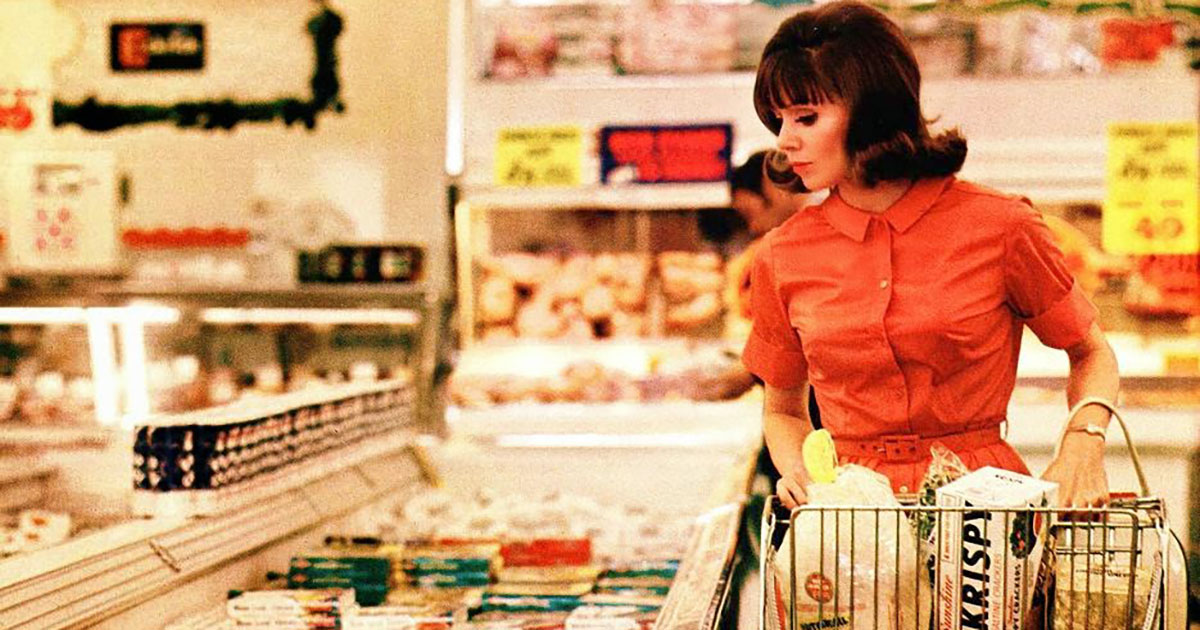Do Expiration Dates Really Matter?
It can be argued expiration dates are contributing to millions of pounds of wasted food per year as many individuals believe once food is past the date stamped on its package, it is automatically disgusting and unhealthy for them to consume. But is this true? Do expiration dates on food truly matter? Let’s crunch out the details and learn the real facts about expiration dates and how the food industry uses these dates compared to how consumers interpret them.
The History Behind 'Use By' Dates

Food dating first emerged in the 1970s prompted by consumer demand as many Americans were producing less of their own food but still wished to know where their food was coming from and its quality. The ‘use by’ or expiration dates often found on foods simply indicate freshness and are used by food producers to communicate to consumers when the product is at its prime for consumption. This essentially means food does not expire or becomes inedible by a certain date.
To get a better idea about some of the terminology used in the food industry by manufacturers, words such as ‘use by,’ ‘best by,’ and ‘sell by,’ keep reading to learn the different meanings of these dates.